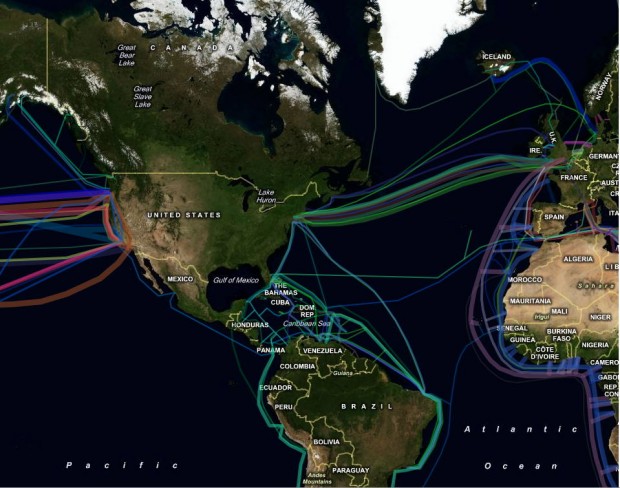Browsers can do more to protect users from inadvertently violating their own privacy. The NY Times today had an article about a topic that has been discussed in various circles several times now. The existence of geotagging data in photos. Many cameras, in particular smart phones like the iPhone can tag photos with GPS data. This is pretty handy for various purposes including organizing photos at a later date, iPhoto for example does a pretty nice job of it. Most photo applications however don’t make this information very visible, as a result many users don’t even know it exists, others simply forget.
What the problem looks like
The data, embedded in a photo looks something like this:
GPSLatitude : 57.64911
GPSLongitude : 10.40744
GPSPosition : 57.64911 10.40744
Which I could map.
Proposal
I propose that browsers need to have a content policy for when users upload images that can better protect them from uploading information they may not even realize. Here’s what I’m imagining:
The first time a user attempts to upload a photo that has EXIF or XMP data containing location they are prompted if they want it stripped from the image they are uploading. The original file remains unharmed, just the uploaded version won’t have the data. They can also choose to have the browser remember their preference to prevent being prompted in the future. They can revise their choice in the preferences window later if they want. This isn’t to different from how popups are handled. I thnk that per-site policy might be too confusing and not warranted, but perhaps I’m wrong.
Warning users about hidden information they may be revealing is a worthwhile effort. It’s only a matter of time before someone uses a “contest” or some other form of social engineering to solicit pictures that may reveal location data for users. Evildoers always find creative ways to exploit people.
Caveat
There are a notable caveat to this approach. The most notable is that flash uploaders would bypass this security measure though individual uploaders could do it themselves, or Adobe could do it, but I don’t think that’s enough of a turnoff to this approach. The same caveat applied to “private browsing” in browsers.
Prior Work
As far as I know no browser actually implements a security feature like this yet. There are a few Firefox Add-ons like Exif Viewer and FxIF (both written in pure JavaScript) that look at EXIF data but nothing that intercepts uploads.
Who Can Do It First?
I’m curious who can do it first. By add-on (seems like it should be possible at least in Firefox), and dare I say include in a browser itself? If this were earlier in the year I would have added this to the Summer of Code ideas list. Instead I’m just throwing it into the wind until 2011 rolls around.

